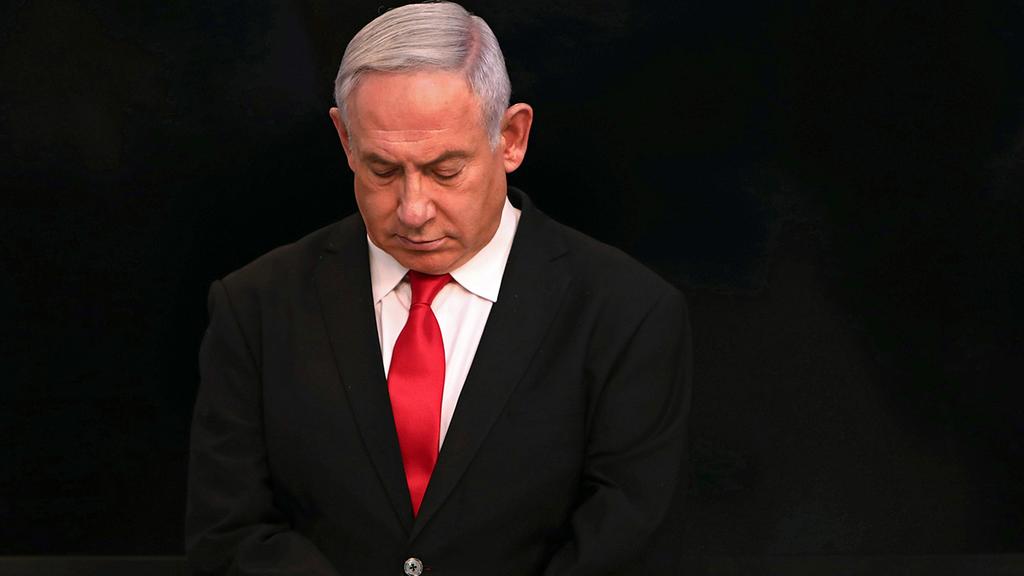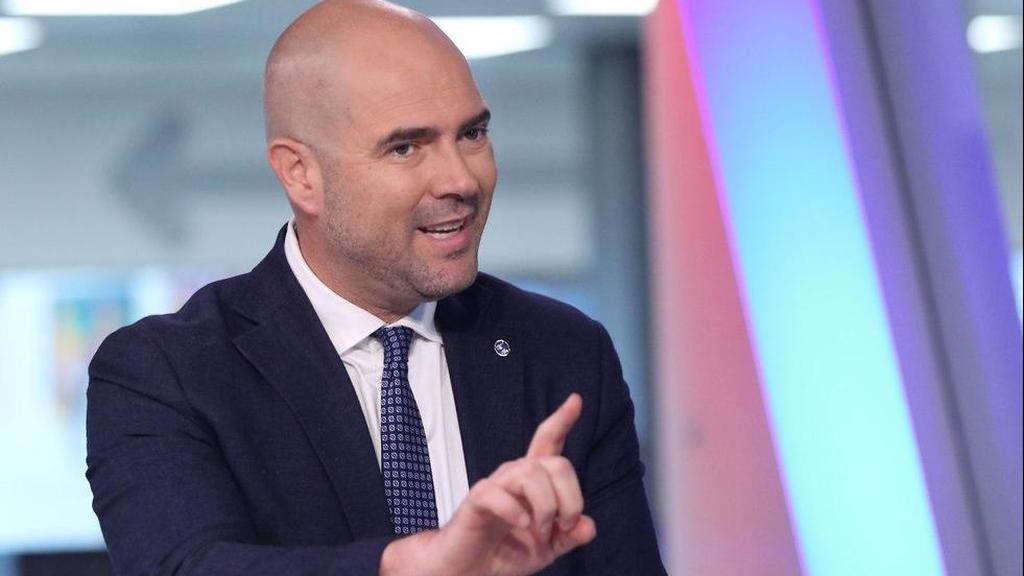Getting your Trinity Audio player ready...
Prime Minister Benjamin Netanyahu's criminal trial that was scheduled to open later this week will be delayed until May due to the outbreak of coronavirus, the Supreme Court said Sunday.
Netanyahu is facing criminal charges of bribery, fraud, and breach of trust in three corruption cases and the trial's opening hearing was due to take place on March 17. The move comes after Justice Minister Amir Ohana has put courts in a "state of emergency" due to spread of COVID-19 in the country.
On Saturday evening, the prime minister announced a series of dramatic steps to combat the new virus that include closure of all stores, restaurant and all entertainment facilities as well as a ban on all gatherings over 10 people.
"In light of the latest developments - the spread of the coronavirus, the measures being taken and the declaration of the state of emergency [in the justice system], we have decided to cancel the hearing," said the Supreme Court in a statement.
The new date for the opening hearing has been set for May 24 at 3:00 pm.
Last week, Netanyahu submitted a request through his attorney Amit Hadad to the Jerusalem District Court, asking for the proceedings to be delayed by 45 days due to not receiving trial material on time.
Netanyahu’s lawyer sighted technical reasons for the request claiming evidentiary material requested by the defense team months ago has still not been delivered to them.
"A few months ago, an indictment has been filed against the prime minister, only to this day we still have not received trial material," Netanyahu’s representative said. "Therefore, we appealed to the court to postpone the hearing for technical reasons, so that we receive the trial material before appearing in court.”
Two days later the Jerusalem court officially rejected the request.
Netanyahu, 70, is accused of wrongfully accepting $264,000 worth of gifts from tycoons, which prosecutors say included cigars and champagne, and of dispensing regulatory favours in alleged bids for improved coverage by a popular news website.
He could face up to 10 years in prison if convicted of bribery and a maximum three-year term for fraud and breach of trust.
Reuters contributed to this report



